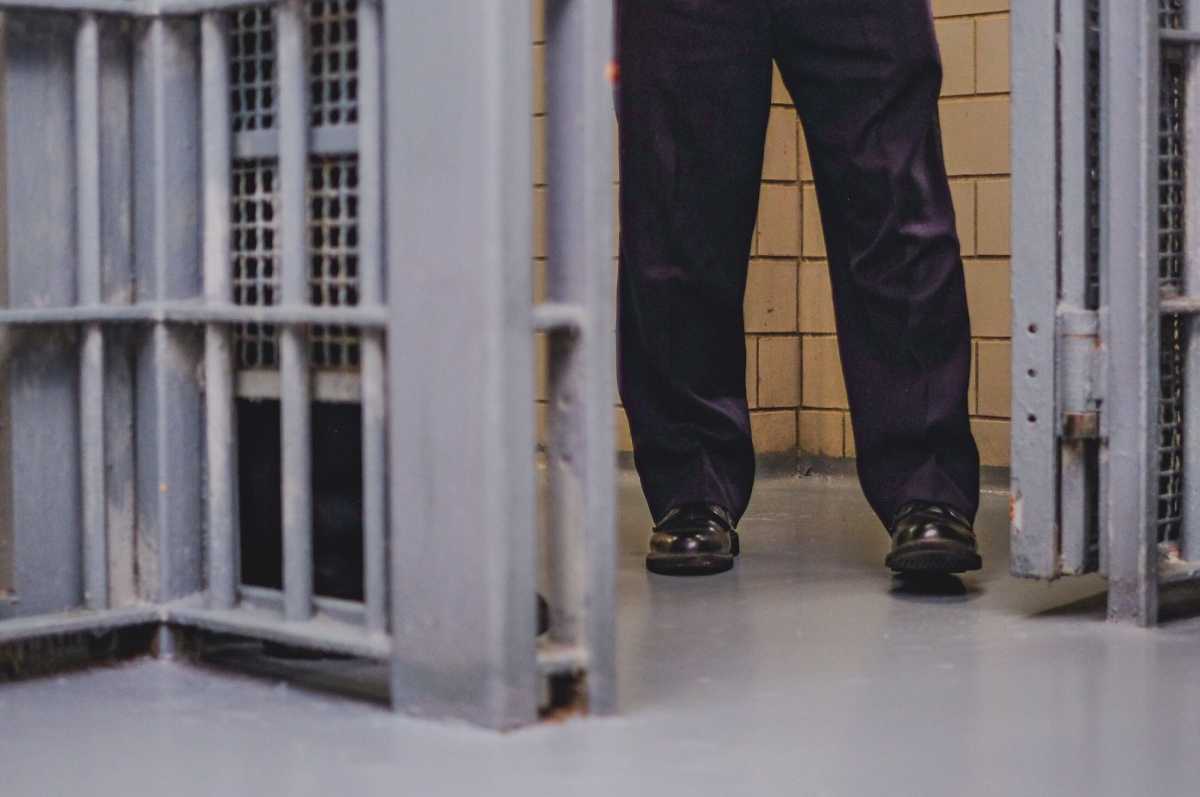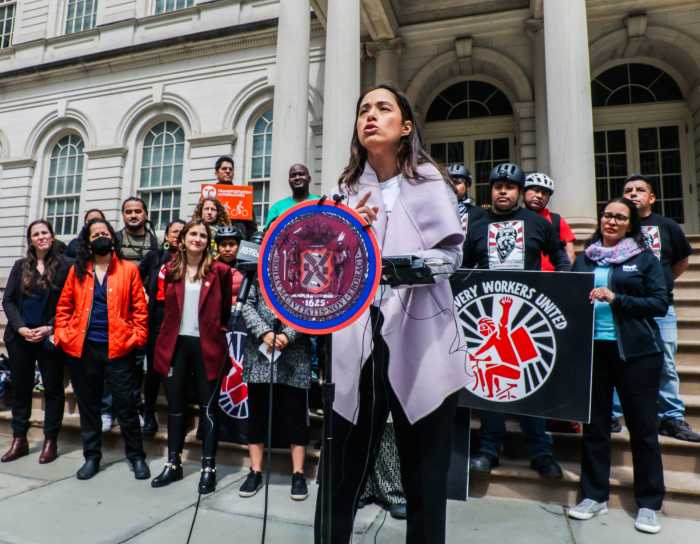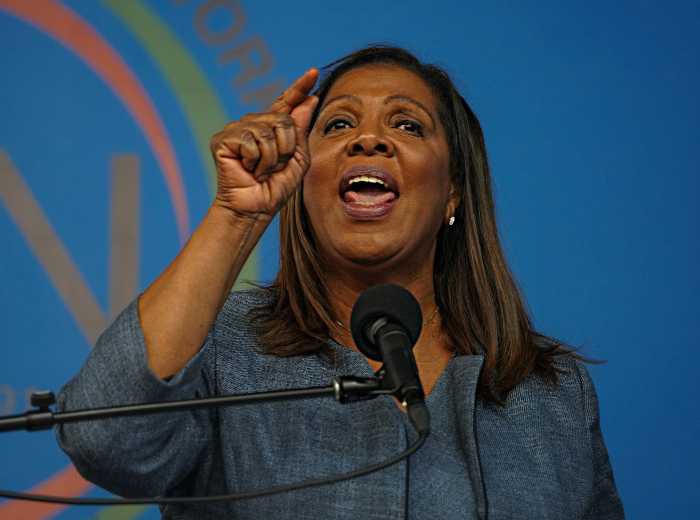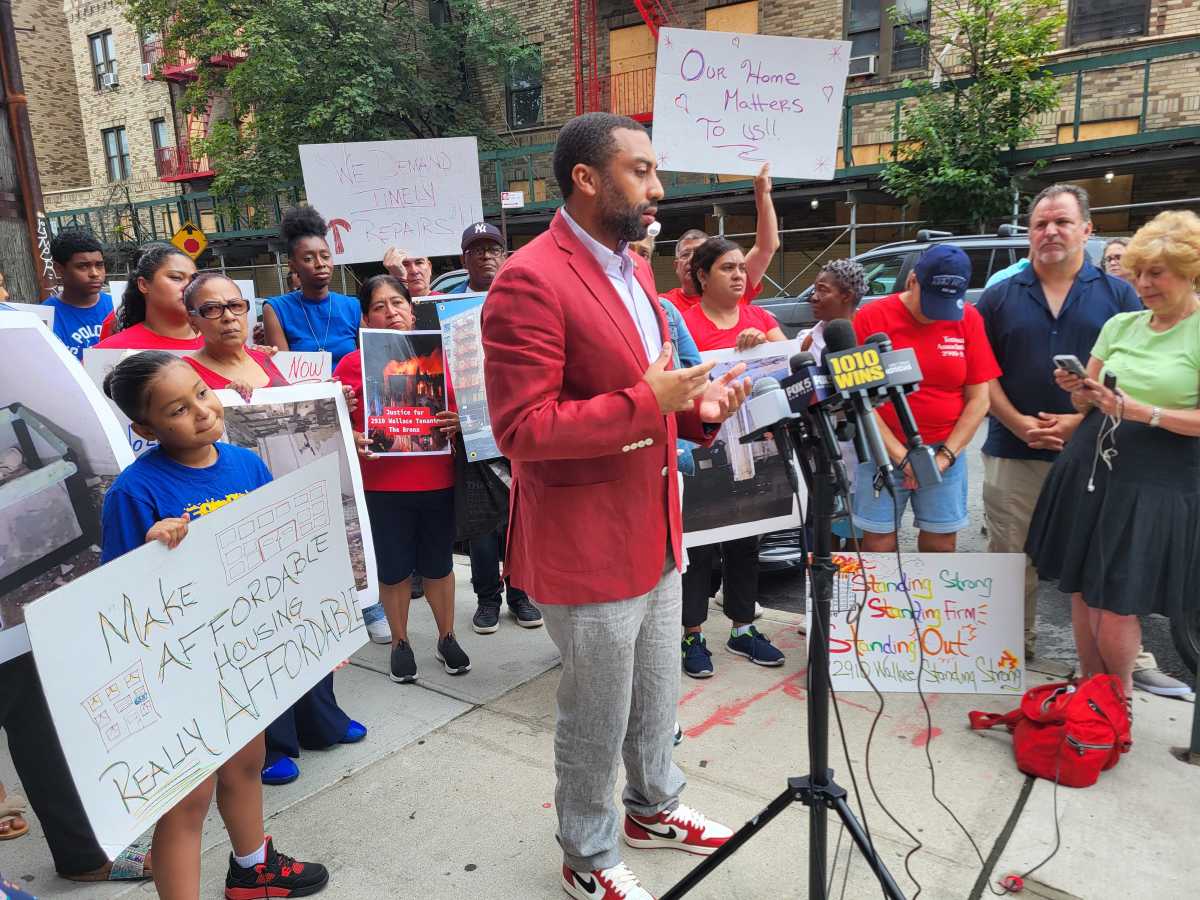Advocates and lawmakers were attempting to talk their counterparts in government away from the ledge when budget discussions broached rolling back bail reform, which went into affect Jan. 1.
The State Senate’s public protection budget hearing Wednesday came up with an alternate proposal while politicians who had backed the reform in 2019 called on them to hold off.
All misdemeanors and non-violent crimes are now exempt from bail, while other offenses are still at a judges discretion, Something the Senate Majority Leader Andrea Stewart-Cousins said would be re-evaluated on Wednesday.
The conclusion? Eliminate bail altogether and allow judges to order suspects to be held in jail considering their criminal record or if they are considered a flight risk.
The Legal Aid Society reacted to the proposal as not only a betrayal, but with conviction that it would place New Yorkers in a tougher spot than they had started in.
“The State Senate Majority’s proposal puts politics over people by not only rolling back the critical and long-needed reforms that they endorsed and championed only a few months ago, but creating a much more regressive system for pre-trial detention,” Legal Aid Society said in a statement. “If enacted, this proposal would dramatically increase the number of people languishing in jail who are presumed innocent. It would create a system where even innocent people would be incarcerated with no chance of release, even if their families and friends were able to post a bond for them.”
“We’re asking during the budget hearing today that our colleagues ask the critical questions of the administration and hear advocates’ voices. My commitment is for absolutely no rollbacks on bail and to move forward until we actually get this roadmap,” Queens Assemblywoman Catalina Cruz said.
While bail reform has been a war-cry for progressives hoping to end features of the justice system that reinforce systemic racism, it has proven to be divisive.
On Feb. 5, an Upstate judge brushed off the bail reform bill claiming it was unconstitutional on grounds of separations-of-powers, that legislators were interfering with the authority of judges to determine how accused criminals are held accountable.
Mayor Bill de Blasio has worked through his administration to end mass incarceration at the city level by pushing forward with the plan to close Rikers Island in place of borough-based jail facilities with a smaller capacity. As such, he has been a supporter of the bail reform laws passed in Albany, but Wednesday voiced the position that not every bill is perfect.
“I really want to emphasize, you know, even the best pieces of legislation sometimes have unintended consequences that need to be assessed and acted on. So, I do not want to go back to the past,” de Blasio said. “There were too many people languishing in jail because they could not afford a small amount of bail – that was surely discriminatory. That was economic discrimination on top of everything else… We simply have to look at other pieces of the equation. And I have to say, judicial discretion, you could argue – I can comfortably argue it would have been a necessary change even if there had never been a bail reform law.”
The city’s plan to close Rikers and the capacity of the new jails it is building has been based in part on projected capacity needs following the bail reform bill as it currently is.






































